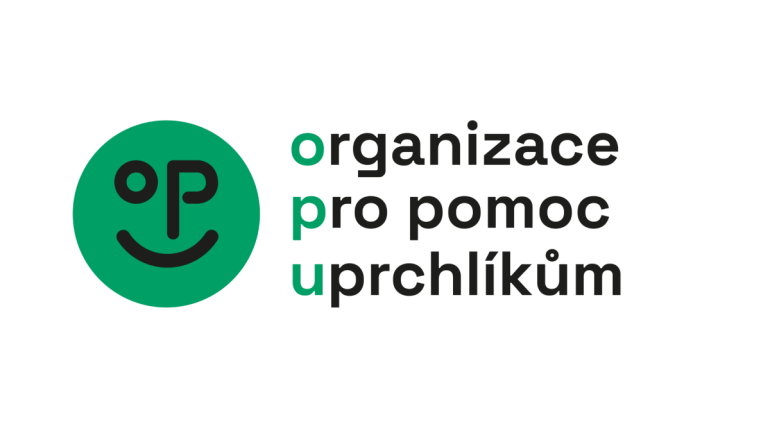Opportunity, prosperity and security are concepts that most strive for. They’re often expected from our leaders and governing bodies. However, many Ukrainians in Brno are currently struggling to find these things in an ever-changing political climate far away from the home that they’re unable to return to.
Since the Russian invasion of Ukraine in February 2022, the Czech Republic has seen an influx of migrants seeking safety from the conflict. After the initial response and care for these refugees in early 2022, the Czech Republic now faces a new challenge: the assimilation and support of its Ukrainian population. To meet the demand for assistance, nongovernmental organizations like the Organization for Aid to Refugees (OPU) in Brno provide the services necessary for Ukrainians to thrive in the long term.
The OPU in Brno has three objectives: direct assistance in the form of legal and social aid, advocacy and awareness for current issues, and volunteer work in the community. For over 25 years, the OPU has coordinated with the United Nations High Commission for Refugees. While the OPU handles multiple projects of varying focus, assistance and support for Ukrainian migrants has been a focal point of their mission since 2022.
Specifically, housing and residency permits for Ukrainian refugees have been issues that will continue to permeate in the coming months. Currently, refugees are provided state-funded housing for 150 days. There are exceptions, according to lawyer and OPU employee Adam Stašek. In certain circumstances, a refugee may be able to extend the period of time that their housing is covered. “The only condition is that they have to be vulnerable according to the law,” Stašek said.
This designation includes children, the elderly and disabled persons. However, this will no longer be an option from September this year. Without state provided housing, legally vulnerable residents will be forced to either pay the current rate that the state subsidizes or finance alternative accommodation on their own.
“For many, it’s not possible to work. So, they have to secure the housing and the expenses based on the support they are having, which is not sufficient in many cases,” Stašek said.
Many Ukrainians in the Czech Republic are also struggling to obtain residency. If a person has resided in another EU nation under a temporary protection visa, they are not considered eligible in the Czech Republic.
“In our opinion, it’s in contrary with the EU law. But, the Czech Ministry of the Interior has considered them ineligible and is refusing their applications for temporary protection,” Stašek said.
This legislature has also brought forth issues surrounding family togetherness. According to Stašek, there have been multiple cases of mothers with previous protection in other EU countries that have been unable to be granted the same protections as their families in the Czech Republic.
“It’s having a practical impact on the unity of the families,” Stašek said.
Stašek and the other lawyers at the OPU are fighting these decisions by filing lawsuits against the Ministry of the Interior.
“The court rulings are in general positive; we are winning those cases,” Stašek said.
While the OPU has been successful in winning appeals at the regional level, these cases are being opposed by the Ministry of the Interior and pushed higher to the European Court of Justice. According to Stašek, this process creates a waiting period that can take over a year, which can have serious effects on the hopeful applicant. Without a visa, refugees have issues accessing healthcare or the labor market.
Additionally, Ukrainians with qualifications for essential jobs are often forced to accept work that they are grossly overqualified for.
“We have lawyers who are working at the factories,” Stašek said.
To remedy this, the OPU is advocating for their ability to obtain work permits and coordinating with other NGOs to provide Czech language courses necessary to navigate the complicated processes of having Ukrainian qualifications and degrees acknowledged in the Czech Republic.
For now, refugees have little option but to await further decisions from the higher courts.






